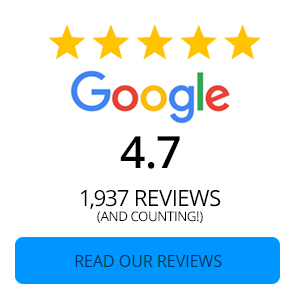We often see advice on how to repair bad credit, but how do
build credit in the first place? Everyone starts out with what is called zero
credit, meaning you start out with a clean slate. Having good credit is
important, because it tells lenders you are trustworthy to lend to, and allows
you access to the very best interest rates when you borrow money. This is extra
- important when borrowing large sums, like with a mortgage. To build
trustworthiness, you must build credit in a positive direction, usually
starting with credit cards with low limits, or a small loan.
First things first: build a strong relationship with your
financial institution. Lenders are much more likely to determine you are
trustworthy to lend to if you already have a good banking relationship. You
should always maintain a well-managed checking account. This shows that you
handle money responsibly. Don't "bounce" checks, or spend when you know there
is not enough money in your account to cover the transaction. Open a savings
account and make regular deposits.
Once you have a well-established banking relationship, here
are some ways you can build credit without resorting to a credit card, which is
often difficult to manage for someone just starting out.
- Special loan products made for establishing credit. These are often called "credit builder" loans or share secured loans. In the case of share secured loans, you use the money in your savings account as collateral, so there is very little risk to the financial institution and the interest rate is typically very low. Share secured loans are great for establishing credit without getting yourself into debt.
- Be an Authorized User on a parent's account (make sure they pay responsibly, though, or your credit could be damaged). Or, take out a small loan with a qualified co-signer.
- Secured cards. Secured cards are typically for people who have been denied credit. The bank does not want the liability, so you must load the card with your own money as collateral. After that it is used like a credit card. Secured cards also have many fees and high interest rates - compare terms and conditions before applying.
- In-store credit cards with low limits (pay off in full each month). Never have more than one credit card at a time (this includes department store cards, too). Department stores lure you into applying for credit with certain financial "incentives" -- usually 10 to 20 percent off your first initial purchase. However, if your credit card interest is 20 percent (and it probably is), you're not saving a dime by the end of the month.
Finally, a note about using credit cards to establish credit
history. Some people say carrying a debt which you pay on monthly can increase
your credit score. In the case of credit cards, you should charge a small
amount each month ($50), and pay it off in its entirety every month. This will achieve the same results as
carrying a debt. The best way to build your credit history and score is by
consistently making payments on two trade lines for 24 consecutive months.
Charging $50 to a card and then paying it off is generally enough.
